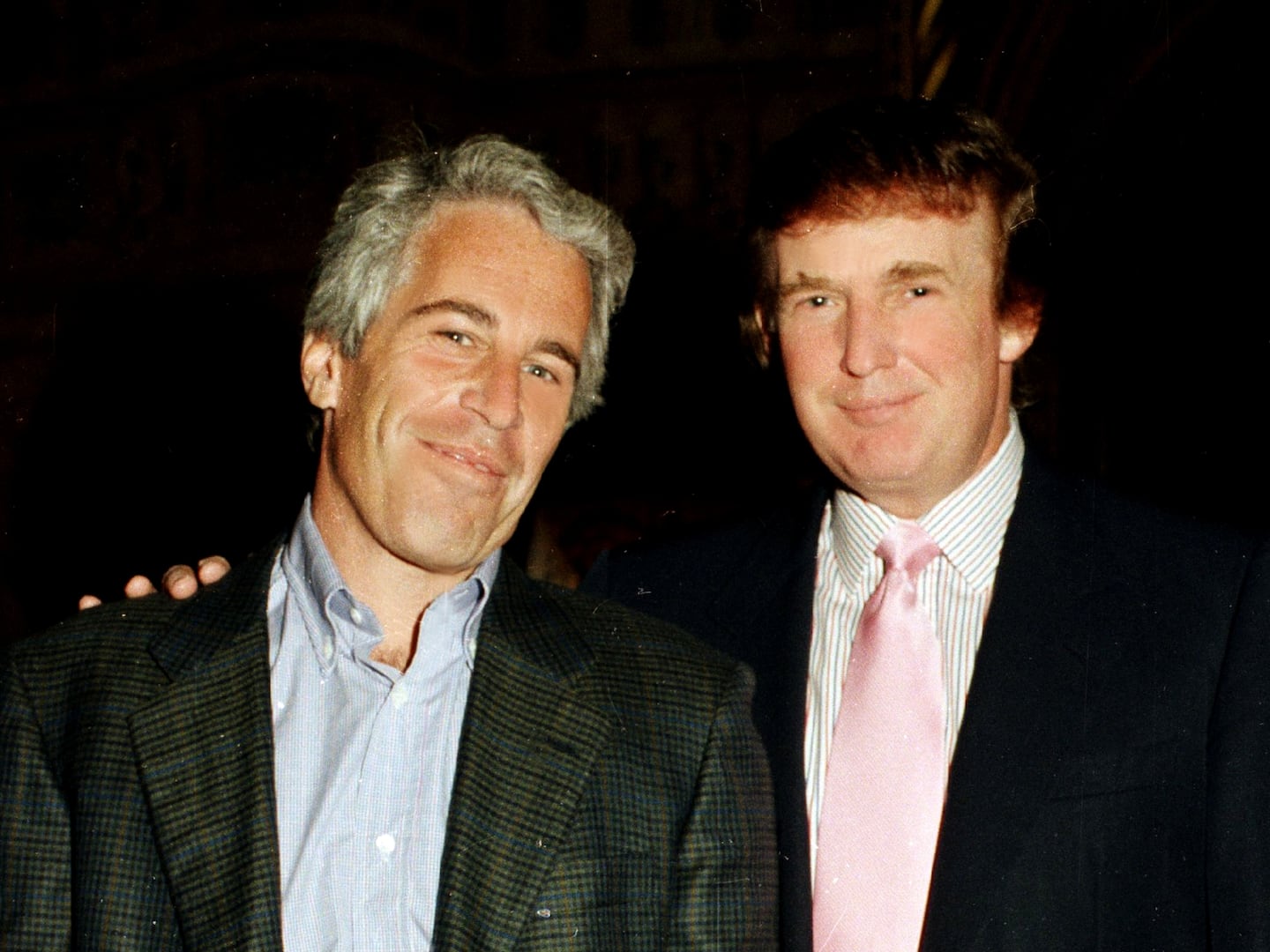If I had told you in 2016 that by 2019, young libertarians and fans of comedian and podcaster Joe Rogan would enthusiastically support a Democratic candidate proposing to give $1,000 a month to every U.S. citizen, you might have accused me of smoking something with the Ron Paul Revolution guys. And yet, here we are.
Presidential hopeful and entrepreneur Andrew Yang has earned his way into the first two Democratic debates, but it is his appeal to a crop of young right-wingers that might be his most impressive and important feat, inasmuch as it reinforces the way our political institutions are being reordered and redefined.
“I think Democrats have lost touch with many working-class Americans,” he tells me during a phone call while campaigning in Iowa.
Yang sounds more like a tech entrepreneur than he does a politician. But unlike many cosmopolitan elites, his program focuses on the plight of working-class whites. This group that is already dying prematurely and about to be crippled by automation tends to live disproportionately in the Rust Belt states that elevated Donald Trump to an Electoral College victory.
To address this challenge, Yang is focusing his campaign around an innovative, if radical, solution: giving away free money.
It’s called Universal Basic Income (UBI―aka the “Freedom Dividend”), and, amazingly, it’s gaining steam among young fans of the intellectual dark web, as well as young libertarians (who are arguably more attracted to contrarianism than they are wedded to libertarian orthodoxy).
I talked to Stephen Kent, a spokesperson for Young Voices, a nonprofit that helps mentor young libertarians. A while back, he interviewed Yang at an event called Liberty Con. More recently, Kent observed a rally for Yang on the steps of the Lincoln Memorial in Washington, DC.
“I sort of was looking around the crowd,” Kent told me recently, “and I just spotted an odd number of individuals from libertarian think tanks in Washington, DC—some wearing ball caps—and when they make eye contact with you, they kind of coyly tip their hat down and hide their faces,” he said.
Yang told me he thinks that “libertarians, in particular, like the idea of the Freedom Dividend, since it was proposed by leading economists and [Nobel Prize-winning libertarian economist] Milton Friedman and Friedrich Hayek, who are identified with libertarian thought.”
So why is Yang running as a Democrat? He notes that running as an independent or libertarian means you “would almost certainly be marginalized and ignored throughout this process.” But he also tells me he’s “been a registered Democrat for a long time,” but that, “unfortunately, the Democratic Party has lost touch with the day-to-day experience of many Americans.”
Regarding those day-to-day experiences, Yang’s prediction of a coming jobs apocalypse (backed up by a McKinsey & Company study) might sound like gloom and doom that would turn off today’s sophisticated youths. But he’s found a way to carve out a niche as the purveyor of an optimistic—nay, utopian—message that resonates with libertarian intellectuals as much as (if not more than) with working-class voters.
Part of Yang’s appeal is that he doesn’t frame UBI as a welfare giveaway (indeed, to qualify for the check, you’d have to opt out of welfare payments). Instead, he touts it as something you’ve earned—like Social Security—as a “citizen of the richest, most advanced country in the world.”
On one hand, this framing is a convenient public relations ploy. But Yang’s on to something with regard to the psychological difference. Take, for example, someone who is receiving disability payments. By definition, this person either identifies as a victim or a grifter—someone who is legitimately unable to work or someone taking advantage of the system. What is more, this person might fear that doing any amount of work or volunteering could jeopardize their payment.
Conversely, people receiving UBI see themselves as citizens taking what they deserve and possibly subsidizing a lifestyle that allows them to pursue a creative vocation, hobbies, or volunteer work. (This is one of the reasons why Milton Friedman supported a minimum income.)
Of course, part of the reason that Yang is gaining steam with libertarians is because he has been able to introduce himself to a receptive audience. Regarding his appearance on Joe Rogan’s podcast (The Joe Rogan Experience), Yang tells me, “It certainly launched our campaign by any of the measurable dimensions. Our web traffic spiked [and] surged. I think…many libertarians saw that interview with Joe.”
Yang comes across as smart, interesting, and likeable. He’s addressing a hugely important topic that most of his competitors are ignoring, and he’s championing a bold solution. While confronting this dystopian problem (robots!), he has generated a positive alternative (UBI) to produce an optimistic future.
The flaw in this paradigm is saying the government should give you money. Once the premise is set, what’s to stop the next politician from simply outbidding Yang? After all, $1,000 is hardly enough (Yang only intends this to be a safety net that subsidizes your income). But why wouldn’t you vote for the candidate who thinks UBI should be $2K, $5K, or $10K a month?
For this reason, Stephen Kent made sure I knew that he’s not completely sold on Yang. “I’m really tempted to be a contrarian libertarian and say, ‘Yes, I’m actually going to vote for Democrat Andrew Yang and join up with the #YangGang.’ But I don’t think I can, and it really goes back to the limiting principle problem. He has not sufficiently described how it’s not going to get out of control. Excess is part of human nature. And that's a big stumbling block for me…”
Yang concedes this is “a genuine concern…There are hazards attached to just about any approach, including inaction,” he notes. But Yang also argues that our current roster of entitlement programs are already busting the budget. And so, he argues, his plan simply replaces those spending programs with an alternative that has “more positive incentives attached to it.”
Will libertarians buy that? Once upon a time, Yang’s ideas would have been an immediate deal-breaker. But the Trump era (this includes Trump and the Trumpian backlash) has created a permission structure for challenging conservative sacred cows. Compared with some on the left (think Representatives Alexandria Ocasio-Cortez and Ilhan Omar), Yang’s politics and temperament are moderate and technocratic.
Meanwhile, Trump has already destroyed (or exposed the absence of) guardrails that might have previously imposed ideological orthodoxy on the political process. All of this has created a sort of permission structure for right-leaning young people to cast off the shackles of the 20th century political paradigms and redefine which issues animate them.
But reordering politics isn’t easy. The universe likes to put us in certain boxes and keep us there. Although Yang stands to benefit from appearing in the first two Democratic debates, there’s also a danger it could cost him this nascent cult following of libertarians if he gets sucked into talking about issues like abortion (he’s pro-choice) instead of issues like UBI and automation.
If Yang can avoid falling into the trap of talking like a typical liberal politician―while also identifying how to assuage libertarian concerns about the lack of a limiting principle―he’s positioned to win the votes of Americans who never imagined they would vote for a Democrat in their lifetime.








